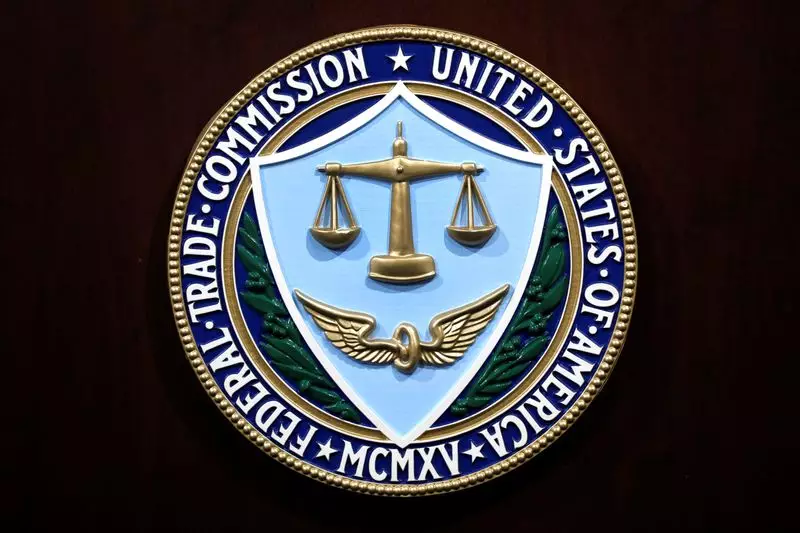The recent developments within the U.S. Federal Trade Commission (FTC) underscore the complexities and tensions that arise at the intersection of politics and regulatory policy. Under the leadership of Chair Andrew Ferguson, the agency has begun to dismantle its commitment to diversity, equity, and inclusion (DEI) strategies—a controversial stance that has ignited fierce partisan debates. This shift comes after a significant retreat by Democratic commissioners, effectively allowing Ferguson and other conservatives to assert their influence over the agency’s directives.
Ferguson’s request to eliminate references to DEI programs from FTC documents aligns with former President Donald Trump’s executive order, which barred such programs across the federal government. Ferguson’s strong stance against perceived biases in social media content moderation reflects a broader Republican discontent with policies they argue cater too much to progressive ideals. This move could signal a broader ideological shift within the FTC, raising critical questions about the agency’s future direction and its independence from political ebb and flow.
Democratic Resistance and Internal Disputes
The decision to proceed with the vote on Ferguson’s proposal has not escaped scrutiny. Democratic Commissioner Alvaro Bedoya cast the lone dissenting vote, voicing his concerns that the rapid pace of the vote diverted attention from pressing issues like the soaring cost of living that impacts everyday Americans. His objections resonate with a broader Democratic concern; that the FTC should prioritize consumer protection over partisan ideological battles.
Notably, the absence of Democratic Commissioners Lina Khan and Rebecca Slaughter from the vote illustrates a rift in how the agency’s members view their responsibilities. Slaughter’s statement highlighted the ethos of the independent agency structure, underscoring that commissioners are sworn to support the Constitution rather than any specific political agenda. Such tensions raise troubling questions about the balance of power, particularly given the established norm that independent commissioners can only be removed “for cause,” unlike their counterparts in executive agencies.
Implications for Future Governance
The FTC’s pivot away from DEI emphasizes the ongoing cultural war that pervades American regulatory and governance practices. As the agency wades deeper into these contentious waters, observers must consider the implications of aligning regulatory priorities strictly along party lines. Should the FTC continue down this path, there could be a backlash, eroding public trust in its capability to function impartially in the interest of all Americans.
Furthermore, as Ferguson and his allies push to realign the agency’s priorities, it poses a fundamental question: Can a regulatory body effectively discharge its responsibilities while navigating the rocky terrain of political affiliation? The answer lies not just in the individuals at the helm, but also in the willingness of both parties to engage constructively within the framework designed to ensure independent oversight.
The FTC’s current trajectory, spurred by Ferguson’s leadership and the political climate, presents an opportunity for reflection. It calls for a resurgence of commitment to the principles of fair representation and consumer advocacy—elements crucial for maintaining the integrity of this vital regulatory institution amid a deeply divided political landscape.

